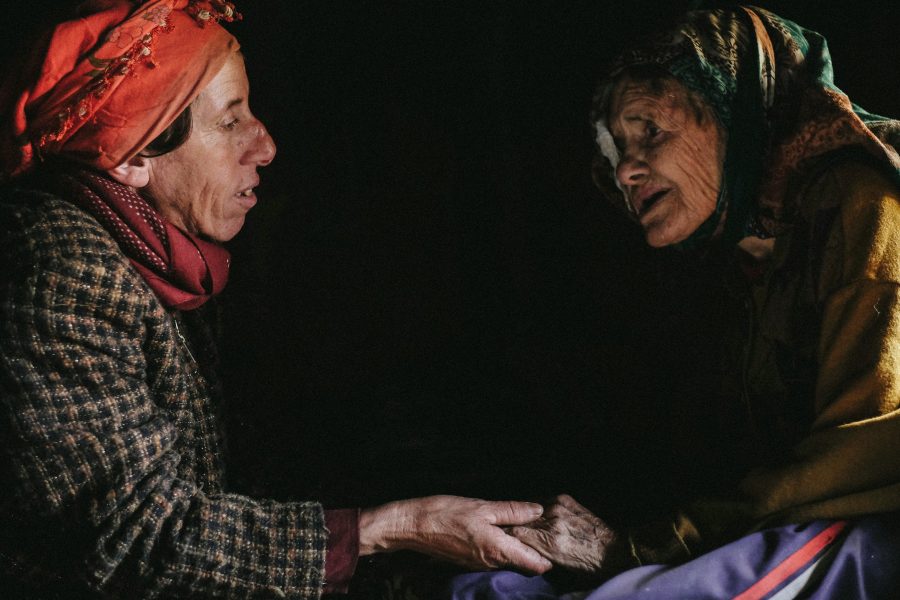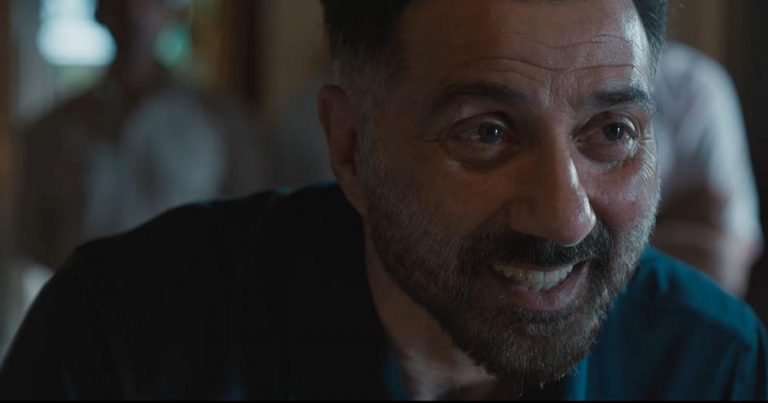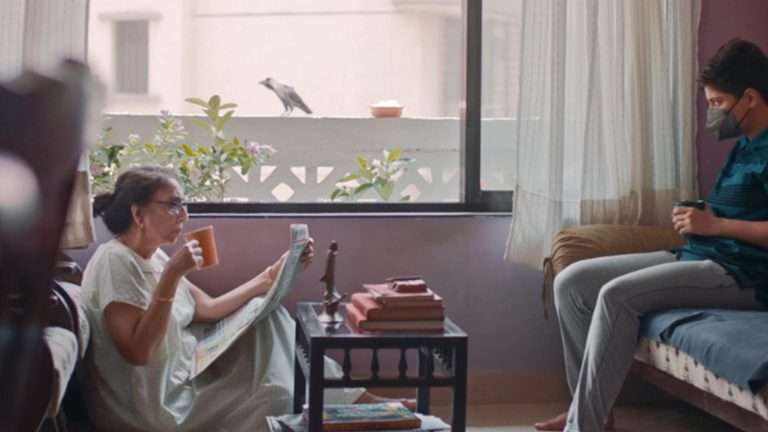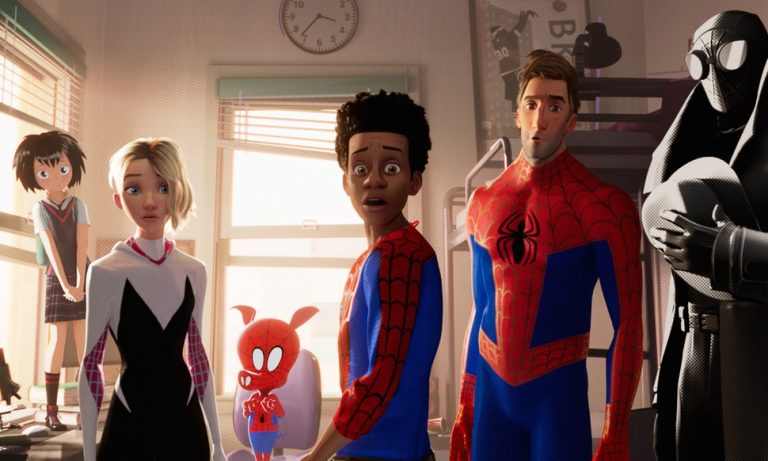Winner of Grand Jury Prize for best documentary at this year’s Sundance Film Festival (alongside Best Cinematography Award & Special Jury Award), Macedonian film-makers’ Ljubomir Stefanov and Tamara Kotevska’s Honeyland (2019) tells the moving ethnographic tale of a lone beekeeper and her perfect communion with nature. The Macedonian duo, Stejanov and Kotevska initially set out to make a short documentary along the Bregalnica River, in North Macedonia. But when they met 50-something Hatidze Muratova their plans completely changed, pushing them to patiently observe Hatidze’s daily existence (the routine lasted for almost three years) that’s far removed from the kerfuffle of modern life, while also they averted from infusing any dramaturgical aspects to Hatidze’s engrossing life journey.
Hatidze, a Turk minority, lives in a nearly abandoned Macedonian village with her bedridden, half-blind 85-year-old mother (plus a dog and few kittens). Keeping up with the tradition as the last surviving daughter Hatidze earnestly takes care of her mother without marrying and have a family of her own. When she is not cooped up inside her dirt-floored hut without electricity and running water, Hatidze climbs up a steep rocky hill or reaches into the stone walls of rocky ruins in order to take out the honeycomb and collect half of her wild bees’ honey.
Visualized as an observant character study and intimate portrait of disappearing way of life, Honeyland is absolutely captivating to watch. But the three-year shoot of directors Stejanov and Kotevska don’t just stop there. They zero-in on much broader themes as a family of itinerant Turks arrive in the village and would transform Hatidze’s life.
Noise and chaos immediately replace the tranquillity of the woman’s environment. Even though the nomadic Turkish couple Hussein and Ljutvie, their boisterous kids and their flock of cattle shatter the peace Hatidze enjoys, she is gentle to the kids and eagerly shows the stern patriarch her honeycomb. When Hussein decides to raise bees, she generously helps him while also bestowing the essential advice of ‘take half and leave half’. But the friendship between Hussein family and Hatidze strain as the patriarch, in a mad rush to make a profit at any cost disturbs the ecological equilibrium of beekeeping.
Filmed with a small team (directors Stejanov & Kotevska, two cinematographers, a sound engineer, and an editor), the crew has had an unprecedented access to the people on-screen (even the kids are oblivious of the camera) and they remain strictly observant, never giving in to the desire to intervene (they have shown remarkable discipline in capturing the Hatidze’s quarrels with Hussein or the physical fights between kids). Whether it’s capturing the picturesque landscape in gorgeous wide shots (bathed in the clear natural light) or handheld camera shots that depict humanism and love shining out between mother and daughter, the cinematographers Fejmi Daut & Samir Ljuma has done a spectacular job.
Honeyland might have started off as a project to tell the story of one of Europe’s last beekeepers. But the narrative was modified alongside the natural changes in Hatidze’s life, which in turn has allowed directors Stejanov & Kotevska to deal with deeper themes related to environmentalism, tradition, and the human condition. They haven’t tried to extrapolate grand statements about ecological balance or global capitalism. By witnessing the events unfold in an intimate yet even-handed manner, Honeyland organically develops its profound notions. The human story perfectly accentuates the environmental issues and this is done so without resorting to conventional means of interviews or voice-overs. Overall, Honeyland (85 minutes) is an incredibly immersive and atmospheric documentary on the significance of treating nature with respect and care.




![Tragedy Girls [2017] Gives Heathers a Face Lift and Brings Back the Satire – ‘Fantasia’](https://79468c92.delivery.rocketcdn.me/wp-content/uploads/2017/08/3-768x322.png)




![Lookback on Lumet: The Hill [1965]](https://79468c92.delivery.rocketcdn.me/wp-content/uploads/2018/05/vlcsnap-error837-768x431.jpg)